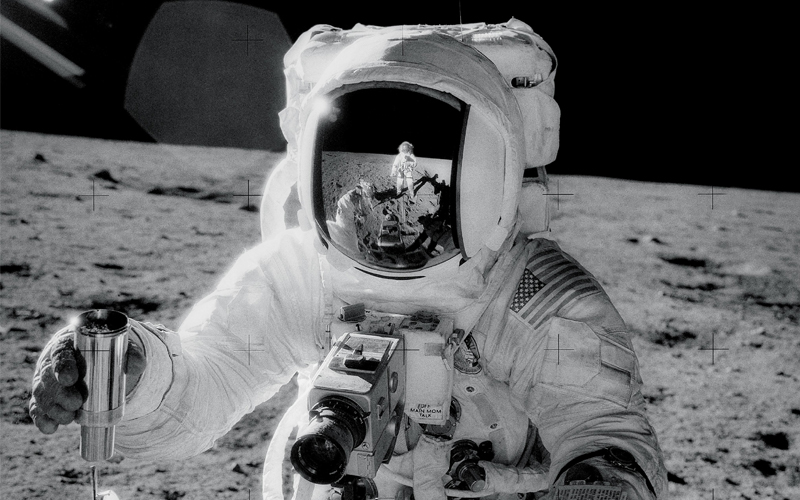
Image Source: aerospace
The exploration of space has been a remarkable journey that spans over six decades, showcasing humanity's relentless pursuit of knowledge and discovery beyond the confines of our planet. From the early days of the Space Age to the present era of ambitious missions and groundbreaking discoveries, the evolution of space exploration has been nothing short of awe-inspiring.
The Dawn of Space Exploration
The inception of space exploration can be traced back to the mid-20th century, marked by the launch of the first artificial satellite, Sputnik 1, by the Soviet Union in 1957. This historic event not only heralded the beginning of the Space Age but also ignited the space race between global superpowers, primarily the United States and the Soviet Union.
Space Exploration in the 21st Century
As we entered the 21st century, space exploration witnessed remarkable advancements in technology, leading to ambitious missions aimed at unraveling the mysteries of the cosmos. Notably, the exploration of Mars garnered significant attention with missions like the Mars rovers, Spirit, Opportunity, and Curiosity, providing valuable insights into the Red Planet's geological history and potential for life.
Challenges and Future Prospects
Despite the tremendous progress in space exploration, challenges persist, including technological limitations, funding constraints, and international collaboration. However, the future of space exploration appears promising, with initiatives such as Artemis by NASA aiming to return humans to the Moon and pave the way for crewed missions to Mars.
In conclusion, the journey of space exploration over six decades has been a testament to human ingenuity, curiosity, and perseverance. As we continue to push the boundaries of our understanding of the cosmos, space exploration remains a beacon of hope, inspiring future generations and offering unprecedented opportunities for scientific discoveries and technological advancements.